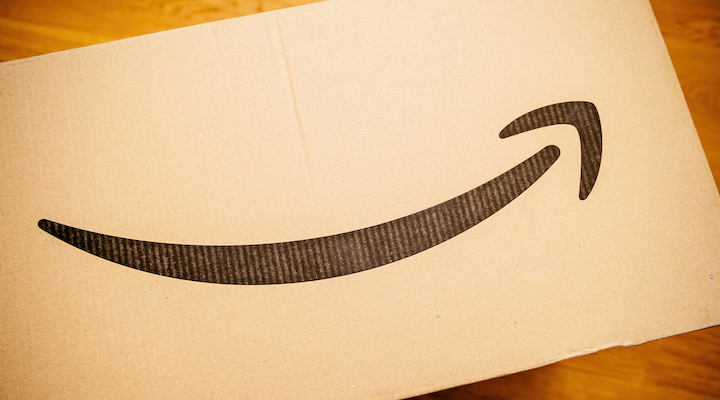Legal experts and analysts alike have roundly criticised the Federal Trade Commission’s lawsuit accusing Amazon of abusing its market power to stifle competition.
“Amazon is large. Amazon plays a big role in retail. Amazon has a fair degree of economic power. But none of these things make it a monopoly,” said GlobalData MD Neil Saunders.
Describing the lawsuit as “very questionable” Saunders said it was “based on chasing optics rather than trying to improve the lot of consumers and sellers.”
“Amazon is not, by any stretch of the imagination, a monopoly.”
Legal experts tend to agree, suggesting the case faces hurdles in court, testing the scope of US antitrust law and posing roadblocks for the agency.
Antitrust lawyer David Balto, a former policy director at the FTC, described the FTC’s hard climb ahead as trying to surmount Washington state’s Mt Rainier in tennis shoes.
“You know, it’s conceivable — you could get to the top — but it’s 20,000 feet and it’s going to be really cold,” he told Reuters.
The FTC partnered with 17 states in a lawsuit filed in the Seattle Federal Court on Tuesday, which asked a judge to consider an injunction and other penalties to combat alleged unlawful conduct.
Several legal experts told Reuters that the FTC faces “a high bar” in trying to show that US consumers would be better off in a world without Amazon’s policies in place.
The lawsuit alleges that Amazon gives unfair preference to its own products on its site and that the company’s policies “punish merchants that want to sell products for lower prices on other platforms”.
Reuters reported that under US law, the FTC has the burden to prove that Amazon is not just a big market player with power but also that it has taken illegal steps to acquire or maintain its dominance. The agency also must define and prove the relevant markets, a key threshold issue.
As part of the case, Amazon will have a chance to assert pro-competitive justifications for its alleged conduct, said antitrust lawyer Diane Hazel of law firm Foley & Lardner, adding that Amazon would need to show its reasons are “legitimate” in order to counter the FTC’s claims.
Antitrust scholar Tom Cotter of the University of Minnesota Law School said Amazon’s argument will be: “We provide consumers with access to a wide variety of goods at affordable prices quickly.”
‘Punitive and coercive tactics’?
While FTC chair Lina Khan said that Amazon used “punitive and coercive tactics” to unlawfully maintain a monopoly, Amazon’s general counsel David Zapolsky said the challenged policies have “helped to spur competition and innovation across the retail industry.”
He said the FTC’s complaint pretends that “everyday retail competition doesn’t exist.”
Sean Sullivan of the University of Iowa’s law school, told Reuters that – generally speaking – US judges are “wary of using antitrust law to punish low-pricing behavior”.
Saunders, Meanwhile, pointed out that the retail market in which Amazon operates is highly competitive.
“Retail is one of the least consolidated industries in the US. In 2022, the top five players in retail accounted for 21.9 per cent of sales in the US. That’s way less consolidated than the airline industry, the telecom industry, or the banking industry.”
Even in the online marketplace segment, Amazon isn’t a monopoly, he argued. “There are plenty of other ways sellers can, and do, get their goods to market. However, many of them voluntarily choose Amazon because it helps them succeed.
“That’s also why sellers use Amazon’s array of services – many of which give small companies the kind of tools and benefits that only large companies could previously access. If anything, Amazon has created more competition than ever before by stimulating entrepreneurship and allowing small sellers to succeed.”
FTC ‘misses the point entirely’
That is a point the FTC “misses entirely” said Saunders. “A sale on Amazon is very often the sale of a small business, not of Amazon itself. Without Amazon, many of these transactions simply would not have happened and revenue would have gone into the bank accounts of larger brands and retailers.”
He described Khan’s claims that Amazon is degrading services as “little more than hyperbole”.
“Amazon is currently spending billions developing new services for sellers and new benefits for buyers, including faster delivery times. This is, of course, something a company with a genuine monopolistic position would not need to do.
“Unfortunately, much of the FTC’s case is predicated on a fundamental misunderstanding of how markets in general, and the retail market in particular, operate,” he said.
“The government pursues it because the optics appear good: that’s why it’s positioned as a classic case of David versus Goliath. However, in this case, the Goliath is actually the hero of the piece, and not the villain.”







